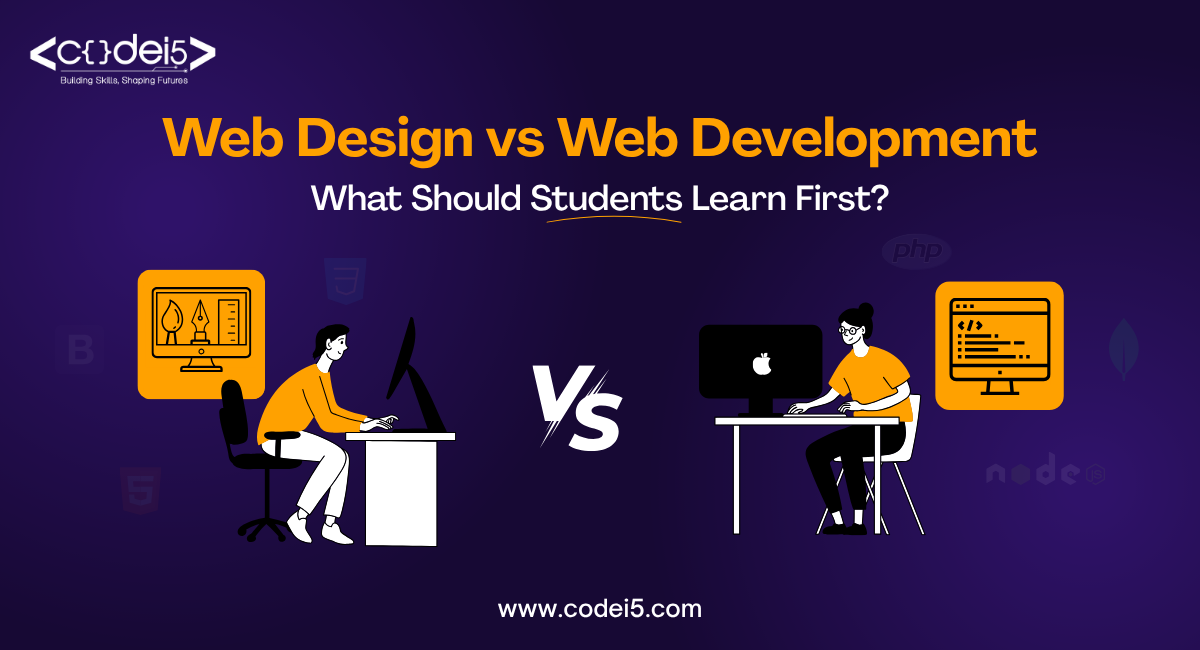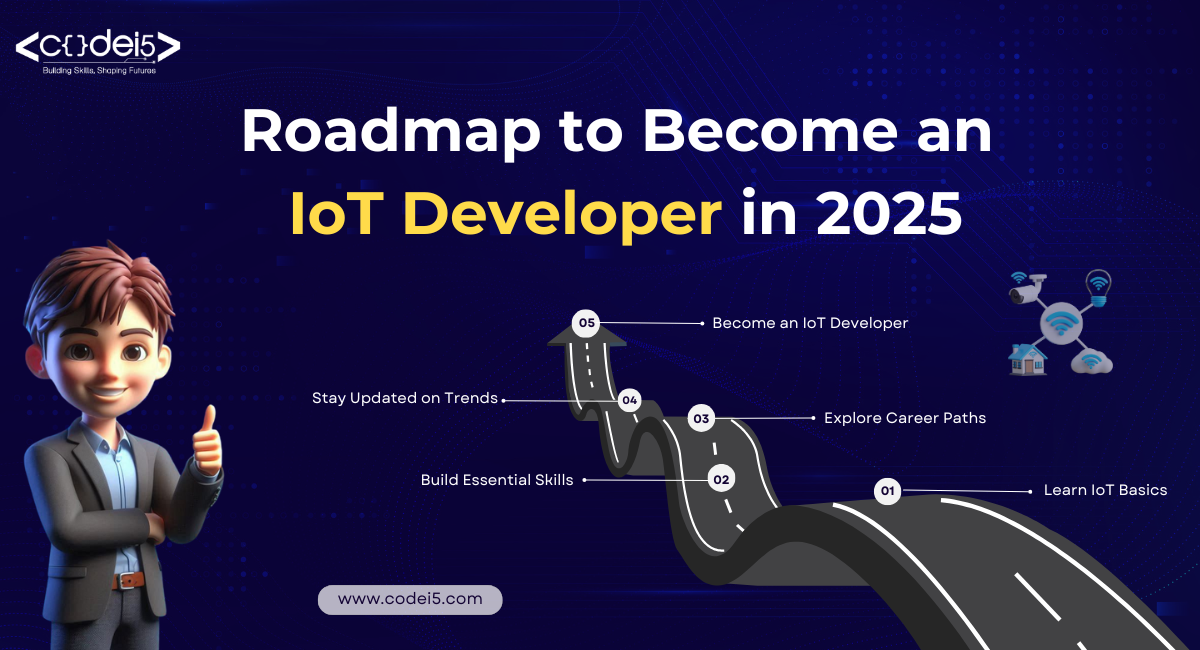
Introduction: Why Switch to an IT Career?
Switching to an IT career can be a great move if you’re seeking new opportunities, better pay, or a more flexible work environment. The tech industry is growing fast, and there is a high demand for IT jobs for non-IT professionals who offer fresh ideas and different skills. Many of the top IT roles don’t require years of tech experience — just the right skills, a willingness to learn, and an interest in solving problems. Whether you have a background in marketing, finance, education, or another field, there’s likely an IT job that fits your skills and interests. With the right training and support, moving into IT can lead to a rewarding, future-ready career.
Benefits of Moving to an IT Career
- High Demand: There is a strong demand for IT professionals in many industries, providing job security and growth opportunities.
- Good Salaries: IT careers often offer competitive pay and benefits.
- Challenging and Rewarding Work: IT jobs for non-IT professionals are mentally stimulating and help you keep learning new skills.
- Ongoing Learning: The fast-changing IT field offers many chances to learn and stay current with new technologies.
- Flexible Work Options: Many IT jobs for non-IT professionals allow for remote work, making it easier to balance work and life.
- Global Opportunities: IT skills are useful worldwide, opening up chances to work internationally.
- Innovation and Creativity: IT careers often involve solving problems and working on innovative projects.
Software Developer
A Software Developer builds apps, websites, and programs that people use every day. If you enjoy solving problems and creating things, becoming a software developer could be one of the best IT jobs for non-IT professionals.
How to Become a Software Developer: Steps for Non-IT Professionals
- Learn a Programming Language: Start with Python or Java. There are free courses online for beginners.
- Practice Coding: Use sites like Codecademy or freeCodeCamp to practice daily.
- Build Simple Projects: Create small projects like a personal website or basic app to show your skills.
- Join Coding Communities: Connect with others online or in local groups to learn and get advice.
- Take a Course or Bootcamp: Enroll in a coding bootcamp or online course designed for IT jobs for non-IT professionals to gain focused, practical knowledge.
- Create a Portfolio: Collect all your projects in a portfolio to show potential employers.
- Apply for Entry-Level Jobs: Look for junior developer roles or internships to gain experience.
By following these steps, you can start your journey into one of the many IT jobs for non-IT professionals.
How to Become a Data Analyst
A Data Analyst helps businesses understand their data to make better decisions. If you’re looking for IT jobs for non-IT professionals, becoming a Data Analyst is a great choice. Here’s how to get started:
Steps to Become a Data Analyst:
- Learn the Basics: Understand what data analysis is and how to clean and visualize data. Free online courses can teach you these basics.
- Use Data Tools: Get to know tools like Excel, SQL, and Tableau or Power BI. These tools are important for IT jobs for non-IT professionals.
- Take Online Courses: Enroll in beginner courses on data analysis. Sites like Coursera and Udemy offer good options.
- Practice with Real Data: Work on real data sets from sites like Kaggle to build your skills.
- Learn Basic Statistics: Know basic statistics like averages and probabilities to analyze data effectively.
- Build a Portfolio: Create a collection of your data projects to show potential employers.
- Apply for Jobs: Look for entry-level Data Analyst positions or internships to start gaining experience.
IT Support Specialist: Job Overview
An IT Support Specialist helps people with their computer and tech problems. This role is a great option for those looking for IT jobs for non-IT professionals. Here’s what the job involves:
- Troubleshoot Problems: They solve technical issues like computer crashes, software errors, or connectivity problems.
- Set Up Equipment: They help install and configure new computers, printers, and other tech devices.
- Provide Support: They assist employees or customers with tech questions or problems, either in person, over the phone, or through email.
- Maintain Systems: They make sure that computer systems and networks are working properly and securely.
- Keep Records: Track issues and solutions to improve future support, a valuable skill for IT jobs for non-IT professionals.
How to Start a Career as a Cybersecurity Analyst
To start a career as a Cybersecurity Analyst, first, learn the basics of cybersecurity through online courses. Get familiar with tools like firewalls and antivirus software. Take certifications like CompTIA Security+ to boost your credentials. Practice by setting up your own secure network and studying common cyber threats. Build a portfolio of your projects and apply for entry-level jobs or internships. This role is a great option for IT jobs for non-IT professionals looking to enter the tech field.
Digital Marketing Specialist: Job Overview
A Digital Marketing Specialist helps businesses promote their products or services online, making it an appealing choice for IT jobs for non-IT professionals.
Here’s what they do:
- Create Online Campaigns: Design and manage ads or promotions on platforms like Facebook, Google, or Instagram to attract customers.
- Analyze Results: Track how well marketing campaigns are performing using tools like Google Analytics. This helps them understand what’s working and what needs improvement.
- Manage Social Media: Post content and engage with followers on social media platforms to build a brand’s online presence.
- Optimize Websites: Make sure that websites are user-friendly and perform well in search engine results to attract more visitors.
- Email Marketing: Send promotional emails to customers and track their responses to improve future campaigns.
A career as a Digital Marketing Specialist is a great option for IT jobs for non-IT professionals who enjoy creativity and working with digital tools.
Project Manager in IT: What You Need to Know
A Project Manager in IT oversees tech projects, making sure they are finished on time, within budget, and meet quality standards. This role is ideal for those interested in IT jobs for non-IT professionals. Here’s what the job involves:
- Plan Projects: Set goals, create a schedule, and allocate resources.
- Coordinate Teams: Work with different team members to ensure everyone is on track.
- Monitor Progress: Check the project’s progress and make adjustments as needed.
- Communicate: Update stakeholders on the project’s status and any issues.
- Ensure Quality: Make sure the final product meets the required standards.
Strong organizational and communication skills are important for this role. It’s a good fit for IT jobs for non-IT professionals who are good at managing tasks and teams.
Conclusion
Switching to an IT career can be a great move if you’re looking for new opportunities. IT jobs for non-IT professionals offer exciting roles that can fit your background and skills. Whether you’re interested in data analysis, digital marketing, or software development, you can find a path into tech. To get started, consider learning new skills and gaining experience. Codei5 Academy offers excellent courses and training to help you make this transition smoothly. Embrace the change and see how your unique experiences can shine in the tech world!







